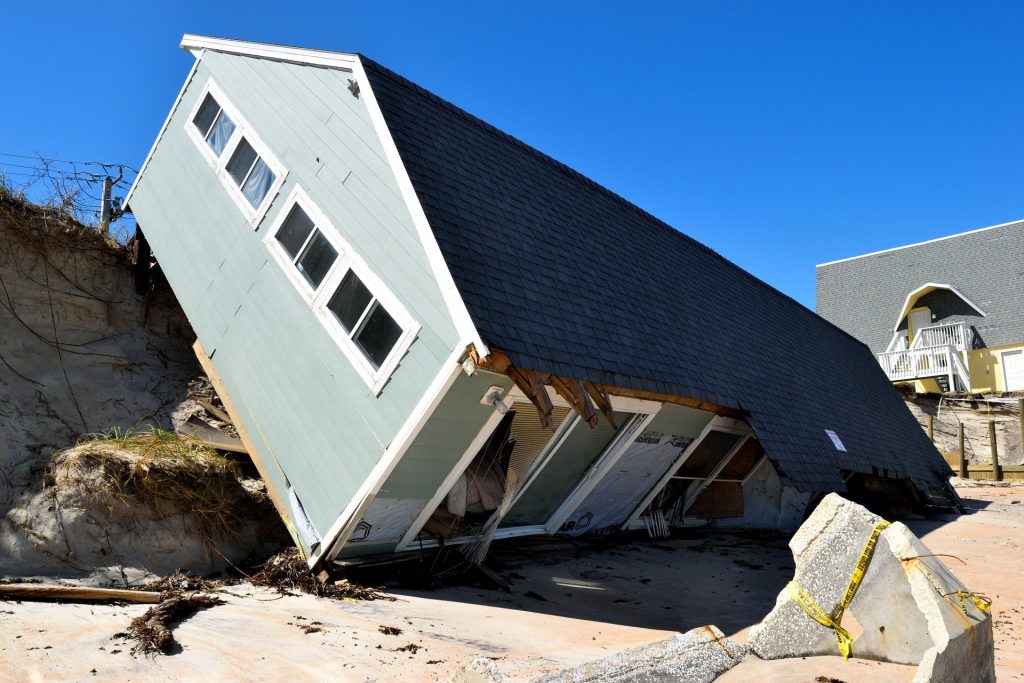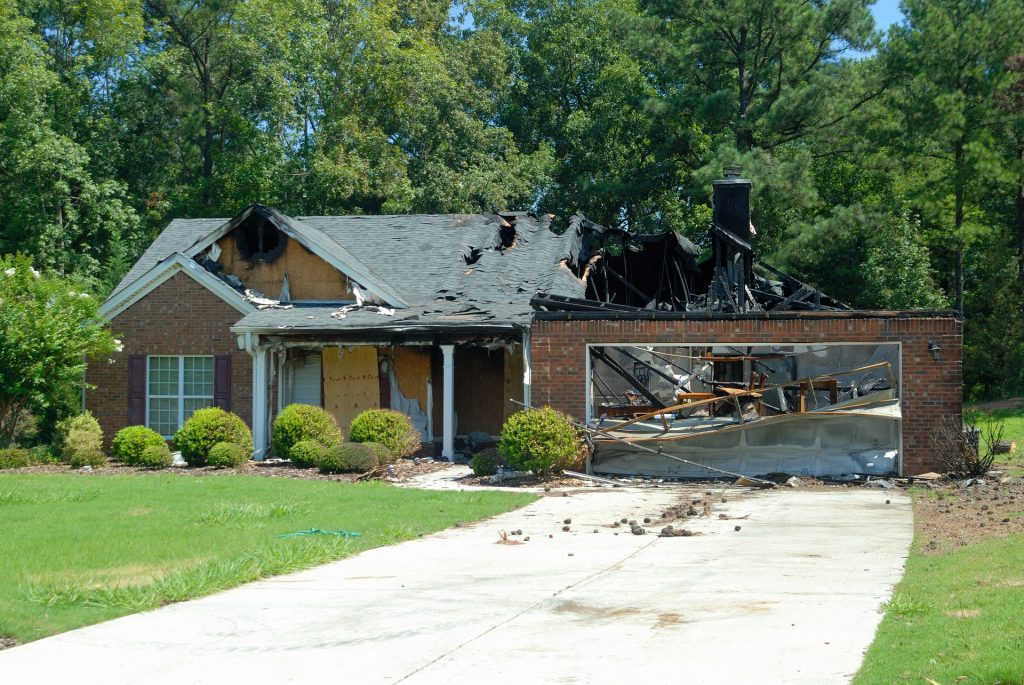What Does Homeowners Insurance Cover?

What Is Homeowners Insurance For?
Homeowners insurance protects property owners from having to shoulder the burden of the costly expenses related to the loss, damage, or legal liabilities that can come with owning a home. When disaster strikes, having homeowners insurance can mean the difference between $500 and $150,000 in out-of-pocket expenses.
All homeowners insurance policies come with a liability limit, which is simply the amount of money the insurer will pay out to cover the costs the insured owes in the event an incident occurs. This amount can also be represented as a percentage on the policy, and usually covers costs related to replacing or repairing damaged property, personal belongings, and the cost of staying elsewhere while these repairs or replacements are being made if necessary.
There are four main situations that a homeowners insurance policy covers:
- Damage to the exterior of the property – This can include compensation for damages or losses due to fire, hurricanes, lightning, vandalism, or other covered disasters as described in the policy.
- Damage to the interior of the property – damages that occur within the dwelling that are not a result of poor maintenance or preventable human activity.
- Injuries sustained on the property – This coverage pays out in the event that you or a family member are held liable for the injuries or property damages incurred by another party while they are on your property, including compensating them for the losses or damages to their property, medical bills, and their legal fees.
- Loss or damage of personal belongings – This means you can receive a payout from your insurance company should your personal belongings be stolen or damaged due to circumstances covered within the policy, such as unavoidable fires or floods. Personal belongings are only eligible for payouts if they are documented before the incident occurs, usually on or before the day your coverage begins.
- Additional living expenses – A rare but not unheard of occurrence, this payout covers the expenses involved in the event homeowners and their families are forced to live off-property while rebuilding and repairs are taking place. Costs covered may include reimbursement for rent, hotel rooms, restaurant meals, and other incidentals that arise while waiting for your home to be habitable again.
What Homeowners Insurance Doesn’t Cover

Homeowners insurance typically doesn’t cover certain situations, such as:
Poor home maintenance: Insurance policies typically do not cover damages or losses that are a result of improper care for the home, such as failure to repair a leaking roof, lack of caution, replacement of a broken foundation slab, or the replacement broken locks or windows.
Acts of War: This includes damages that arise due to riots, terrorism, insurrection (such as the unlawful take over of an area by people who have zero rights or permission from the residents to do so), invasion, civil disruption, or political upheaval. The rationale behind this is that, due to the enormous costs required for insurance companies to cover the mass amount of losses and destruction that typically occur as a result of these incidents, bankruptcy would be inevitable and the companies would collapse. If these costs were required to be covered, the premiums required would hyper inflate and make insurance completely unaffordable for most people. i
Acts of God: This term simply means events that occur through natural causes and could not be avoided through the use of caution and preventative measures, and doesn’t have anything to do with religious beliefs. That being said, the lines distinguishing what can be defined as an Act of God can get fuzzy. For example, a fire that starts accidentally in the home is usually not considered an Act of God, because it could theoretically have been prevented by proper maintenance of the home or preventative human measures. But a fire started by lightning striking the home could likely qualify.
External structures: structures that are not a part of the main property, such as a detached garage or shed, typically require additional insurance to cover.
Location-specific natural hazards and disasters: If a property is located in an area that is vulnerable to location specific disasters, such as earthquakes, fires, or floods, homeowners may need to consider specialized coverage. For example, if a property is located along or near the San Andreas fault line in California, home buyers are strongly advised to invest in earthquake insurance, and in some cases lenders may even require it.

Navigating your homeowners insurance options can be time consuming and overwhelming. It’s vitally important to make sure you get the coverage you need, and within a budget you can afford. Don’t try to go it alone. One of our knowledgeable insurance experts can make sure you get it right the first time, which can mean the difference between a rainy day and a financial catastrophe. Fill out this form and get in touch today.
